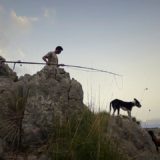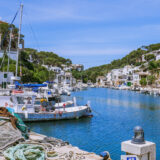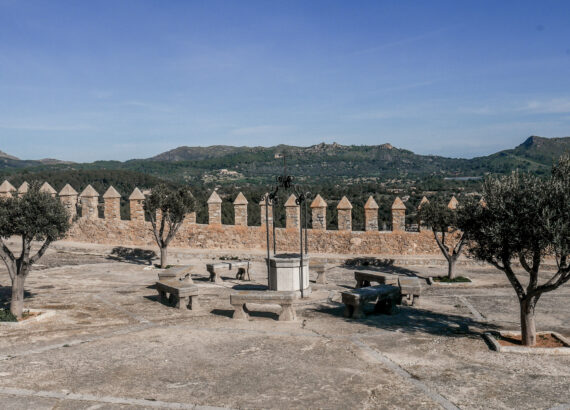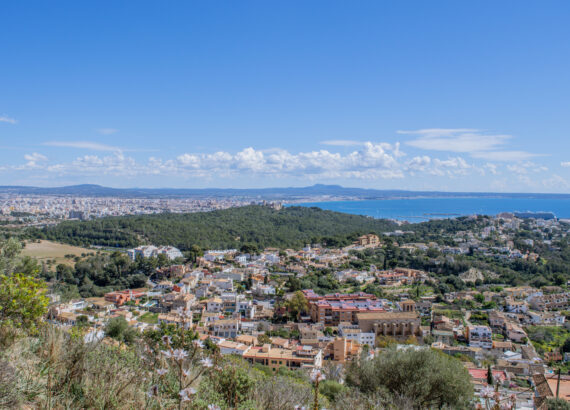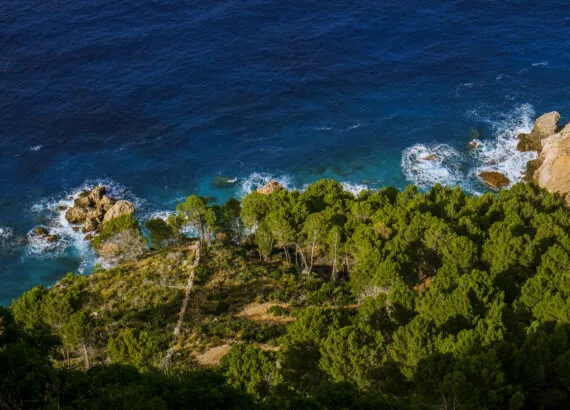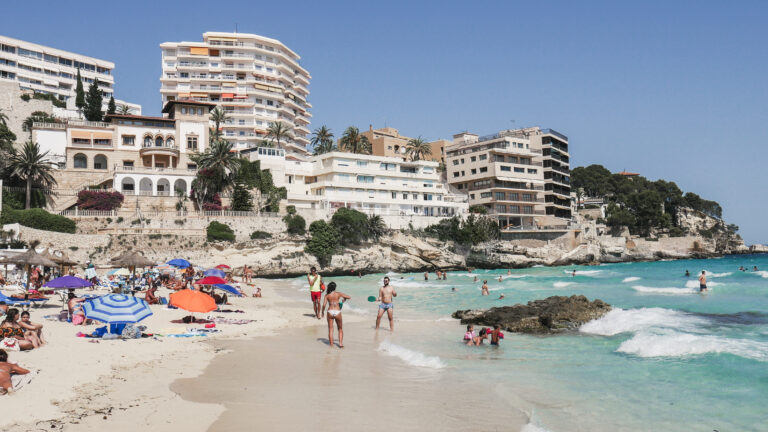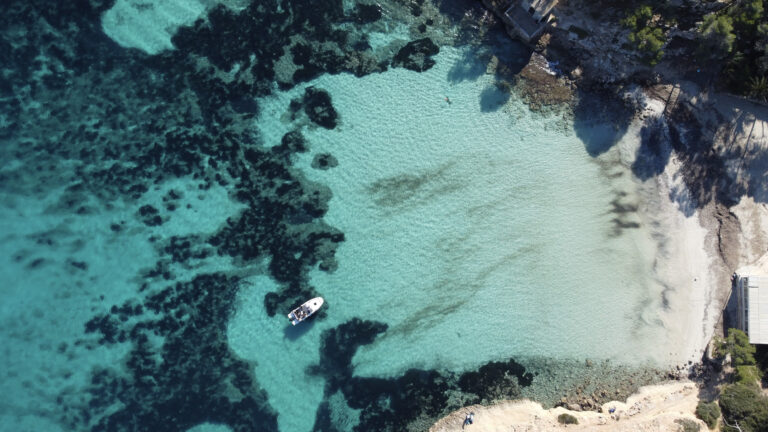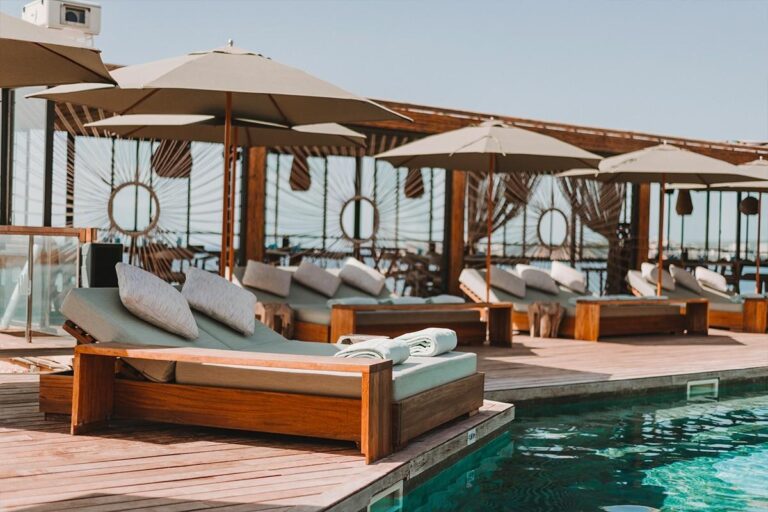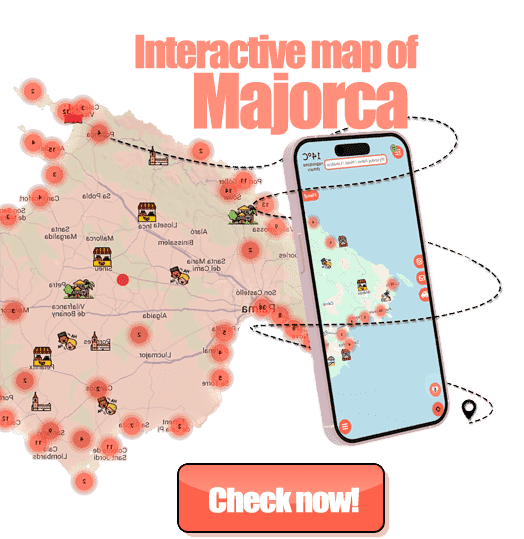Nature and animals in Majorca and balearic islands.
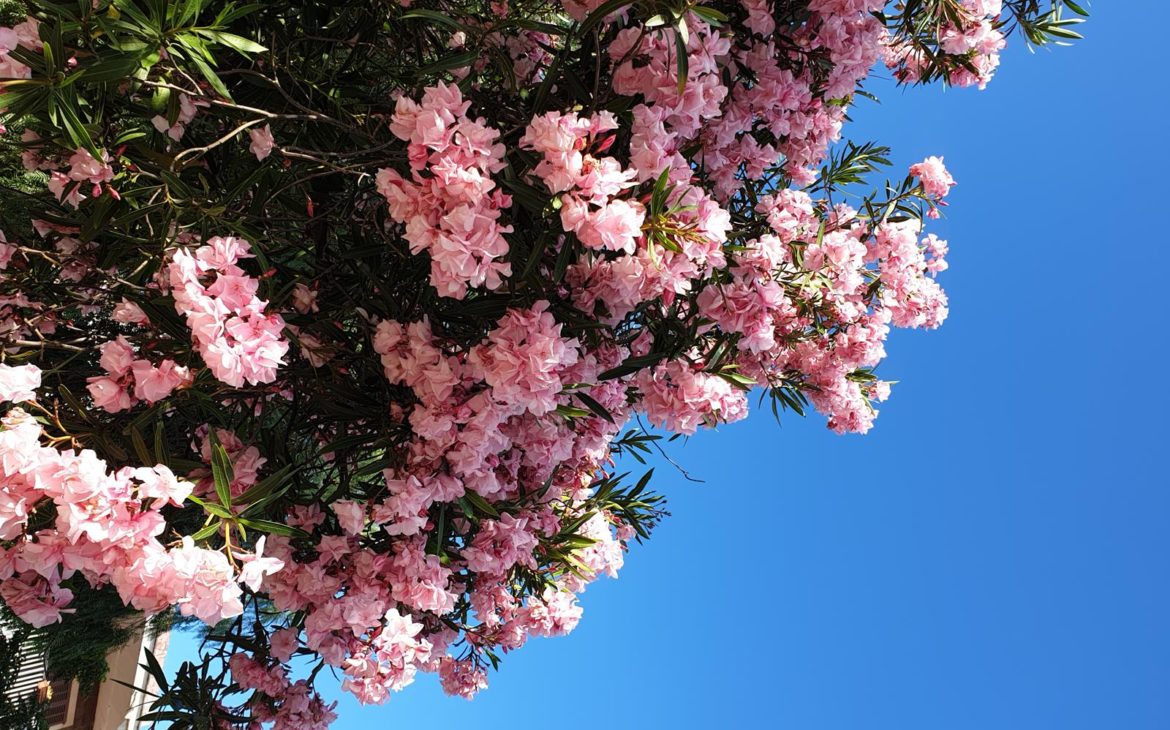
Nature in Majorca.
Nature in Majorca is truly lush. This can be seen especially in winter. And in my opinion, the most beautiful month to stay on the island is May, when lots of flowers bloom and Majorca is covered with lots of colors. In the post I would like to introduce to you species of plants and animals that occur in Majorca. Of course, I’m not a great expert. When writing this post I used the official sites dealing with nature in Majorca. Sources for pages can be found at the end of the post.
In Majorca, there are also protected animals and there are several endemic species here (ones that are not found anywhere else). The Balearic Islands have numerous ecosystems, salty and humid zones, mountainous areas, gorges and cliffs. There are over 400 species of fish, hundreds of crustaceans, invertebrates and sea birds in the Mediterranean surrounding Balearic Islands. However, the Balearic pride is definitely Posidonia Oceanica, a sea plant that creates meadows in the water that provide shelter and food for many species. Its important function is, of course, oxygenation and purification of water, which makes the waters of the Balearic Islands so crystal clear.
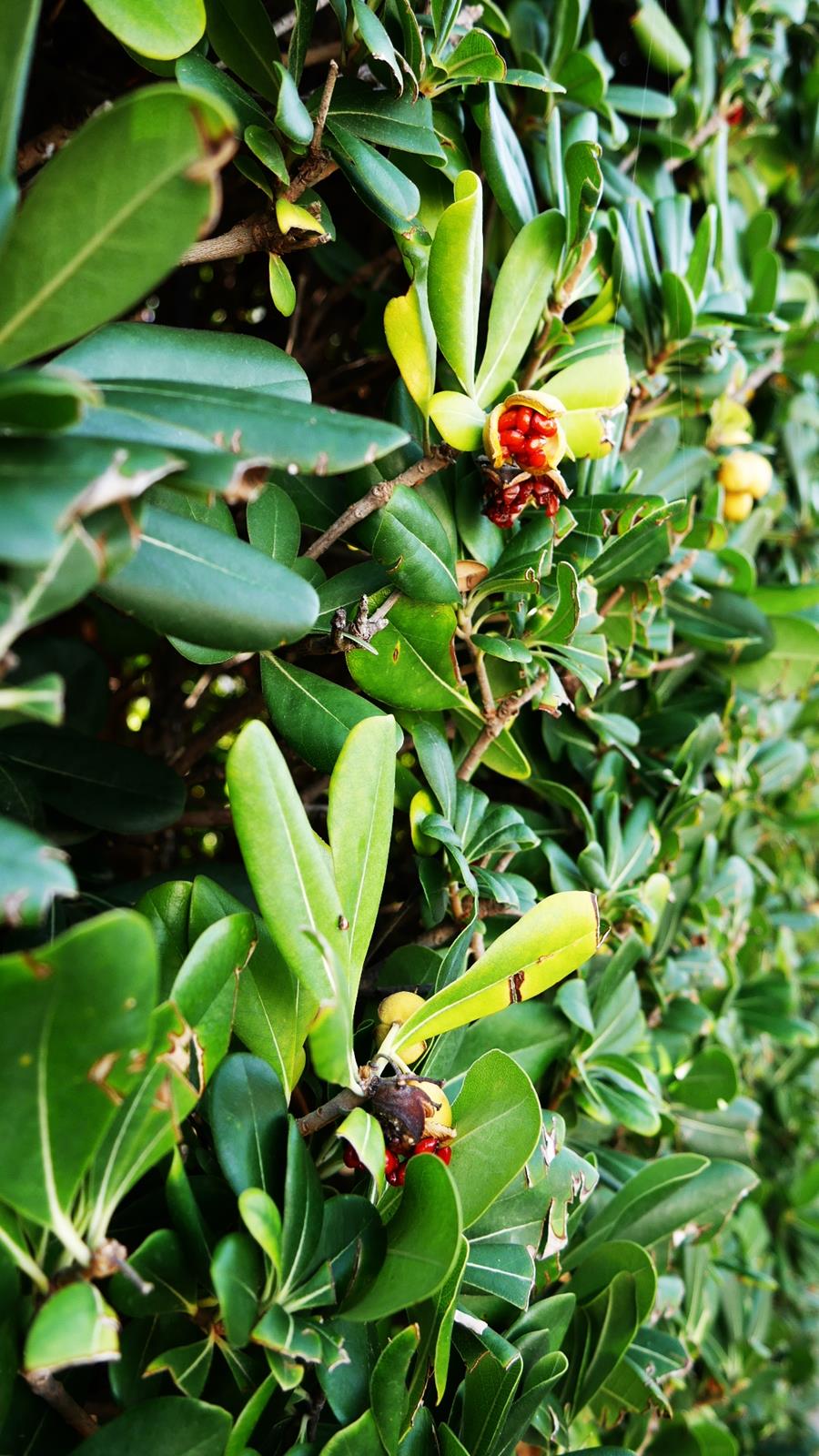
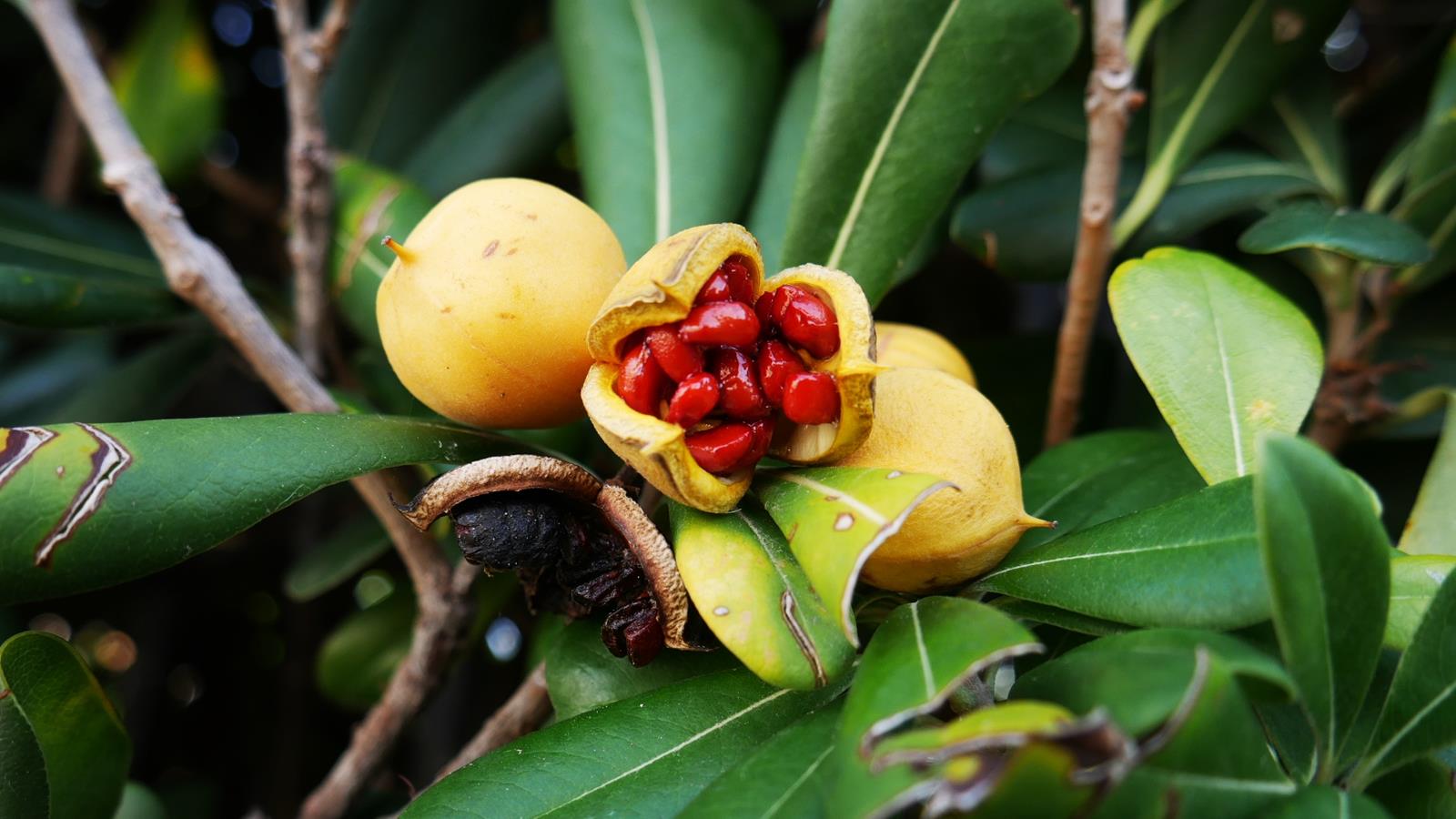
I will surprise you with the news that in the Balearic Islands, thanks to humid and salty areas, you can observe flamingos arriving here, which come to the Balearic Islands to rest and nest.
In Majorca, research is underway to get to know the marine mammals in the Mediterranean. In the Mediterranean, there are, among others: sperm whales, gray dolphins, white-bellied dolphins, bottlenose dolphins, and trotters of turtles. The Mediterranean Sea is classified as “nutritious”. This gives the opportunity to develop many marine mammals in these waters. Researchers often look for so-called flagship animals that play an important role in the marine food chain. The Mediterranean Sea is ideal for the rare Cuviera whale, which reaches a length of up to 6 meters.
Nature in Majorca – I need to mention two important things before we move on.
The first thing is algae on the sea shore. Many people don’t like them, neither do they. Algae, and in fact the above-mentioned Posidonia Oceanica, are the remains of seagrass, which is washed ashore. Sand is formed from these marine plants. This is of course a very long process, but nature should be left untouched, in my opinion. In the Balearic Islands, there is a law regulating the cleaning of algae from beaches. Seagrass in water cannot be cleaned, and that on the shore cannot. Nature cannot produce sand from seagrass because it is picked up.
Algae, Posidonia, seagrass oxygenates water, gives life to many creatures, clears the Mediterranean. It is thanks to her on vacation that we can enjoy such crystal clear water. However, we don’t care. We leave garbage, plastic, papers, clothes on the beaches, lose shoes …
Please, clean up after yourself. Bring a sack to the beach, where you can collect the rubbish and throw it into a bucket. Majorca’s nature will take care of itself if we don’t disturb it.
If you see more algae from year to year on the beaches, it should give you food for thought.
The more algae the dirtier the sea. The sea cleans itself of dirt by producing more seagrass that cleans and oxygenates the water. Unfortunately, it’s our fault. And it’s worth considering where it all comes from. If algae bother you, then buy swimming shoes and you will not touch them with your feet. Let the sea purify it.
The second thing – every year in the seas and oceans a lot of animals die through plastic. In 2019, in Cala Millor, a huge whale was thrown ashore on the beach, which was dying all night. The cause of death was plastic, which landed in the stomach of a mammal. It is worth considering our role in the world. Recently, I was on Es Trenc Beach in Majorca. Announced the most beautiful on the island. Lying on a towel around me, in the sand I found a carton of juice, straws, a children’s shoe, an abandoned t-shirt and a plastic cigarette case. Within a dozen or so centimeters around me, it was my reach. I’m begging you … some responsibility.
And what is important – teach your children this! 🙂
In the Balearic Islands there are over 124 endemic plant species, about 32 species of ferns, 31 orchids, 67 protected species and about 130 introduced species, which coexist with almost 2,000 species typical of the Mediterranean. As for fauna, there are over 300 endemic species on the islands, mostly insects, land molluscs (snails) and other invertebrates. But if something characterizes the Balearic Islands, then they are lizards such as Balearic and Pitius lizards. Another of the most prominent endemic species is the ferret or sapillo from the Balearic Islands, an almost live fossil living in the streams of Serra de Tramuntana and the symbol of Majorca. The Mondragó Natural Park, a special bird protection area (ZEPA), is also home to many bird species.
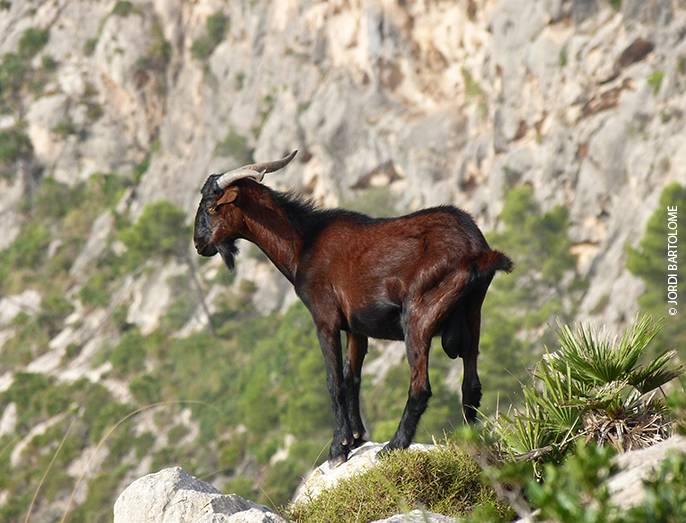
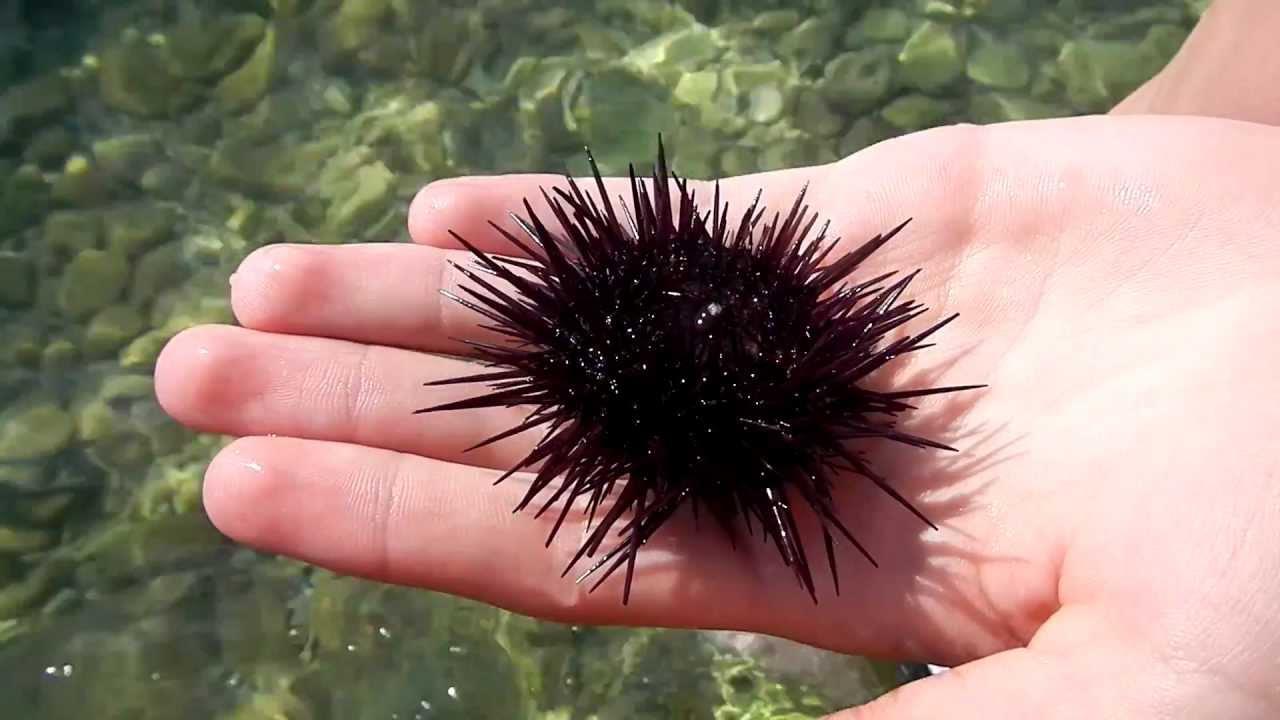
Nature in Majorca – there are a lot of national parks, nature reserves and natural zones in the Balearic Islands, such as:
– Parque natural Península de Llevant (Artà, Mallorca)
– Reserva natural La Gola (Pollença, Mallorca)
– Parque natural Mondragó (Santanyí, Mallorca)
– Parque natural Sa Dragonera (Andratx, Mallorca)
– Monumento natural Torrent de Pareis (Escorca, Mallorca)
– Parque natural S´Albufera de Mallorca (Muro, Mallorca)
– Parque nacional Marítimo-terrestre del archipiélago de Cabrera (Ses Salines, Mallorca)
– Monumento natural Fonts Ufanes (Campanet, Mallorca)
– Finca Pública Son Real (Santa Margalida, Mallorca)
– Finca Pública Possessió Galatzó (Calvià, Mallorca)
– Reserva natural Albufereta (Alcudia, Mallorca)
– Finca Pública Planícia (Banyalbufar, Mallorca)
– Parque natural Albufera des Grau (Maó, Menorca)
– Reserva natural Es Vedrà, es Vedranell i els Illots de Ponent (Sant Josep de Sa Talaia, Ibiza)
– Reserva marina des Freus (Eivissa, Ibiza)
Nature in Majorca and the Balearic Islands:
Fountains, ponds and streams – this is also found in Majorca and the Balearic Islands, especially in winter when the water flows from the mountains. The streams create a microclimate due to the moisture and shade of the trees. Tree species found in the Balearic Islands in those areas are, among others, black poplars, hybrid banana trees, elms, narrow leaf ash. The islands also have beautiful dunes and beautiful pine trees. Most of the Balearic forest territory is just a pine forest. There is white pine here, as well as pine with huge crowns and impressive trunks. There is also oak in Majorca – large and deciduous, reaching large trunk diameters and wide crowns. Holly oak soil is very rich in nutrients, although it is shady and moist. However, in the mountains you will find the three most characteristic trees, such as yew, small-leaved maple and holly.
In Majorca, almendras, almond trees and citruses, such as lemons and oranges, also bloom in winter. Winter is also a beautiful period on the island, due to the almond buds and colorful ripening citruses! A beautiful fragrance floats on the island, especially when passing by orchards! Blooming lawneda also looks beautiful! And to all this there are also lush grape bushes or even lots of haystacks, complementing the landscape of Majorca! The truth is, every season in Majorca has its own charm.
Be sure to check out these links to even see photos of what you can find on the islands!
Balearic flora and fauna: https: //www.illesbalears.travel/articulo/es/illesbalears/la-flora-y-la-fauna-en-las-islas-baleares
The oceancare foundation and their activities: https://www.abc-mallorca.es/oceancare-preservacion-marina-mallorca/
Vegetation on Balearic Islands: https://www.caib.es/sites/proteccioespecies/es/flora_en_general-34738/ < / a>
Animals in the Balearic Islands: https://www.caib.es/sites/proteccioespecies / es / fauna_en_general-14119 /
Endemic plants: https: // www. caib.es/sites/proteccioespecies/es/los_endemismos_vegetales-21885/
Winner endemic species: https://www.caib.es/sites/proteccioespecies/es/los_endemismos_animales- 22021 /
List of protected animals in the Balearic Islands:
https://www.caib.es/sites/proteccioespecies/es/l/especies_marinas_protegidas-11525/?mcont=80547
What you should see on my blog:
A category with descriptions of all the places I visited in Majorca: https://namajorce.pl / category / Spain / Balearic Islands / Mallorca / Miejski-na-Majorca /
A category from which you can find out what life is like on an island and what you should know before coming on holiday: https://namajorce.pl/baleary/majorka/poradniki-o-majorce/
Social media.
If you are looking for help planning your stay in Majorca and do not know where to start – write to me. I’m happy to help you plan your vacation in Majorca. I will create an individual sightseeing plan for you. I’ll help you choose the place where it is best to go for you. I approach everything quite individually. Because everyone on vacation has different requirements.
By subscribing to the newsletter on the blog, you will be able to read published posts first! I regularly add new places in Majorca and share this beautiful island with you. Thanks to the newsletter, you don’t even have to enter the blog, because the entire post will appear in the email!
Facebook and instagram.
If you need help planning your holiday in Mallorca or have any questions, message me – I’d be happy to advise on what to focus on when planning your trip.
Follow me on Instagram, where I post daily stories straight from Mallorca. Join to stay updated on life on this magical island!
Instagram: https://www.instagram.com/balearaiso/
🌴 ❗ THIS WILL INTEREST YOU ❗ 🌴
Itineraries, Ebooks, Map + Planner!
Book with a discount of up to -10%!
An interactive map linked to Google Maps!
With the code “MAJORKA5” -5% on all attractions!
Find the place for the perfect meal!
Find the best hotel in Mallorca!
Let’s do something extraordinary!

